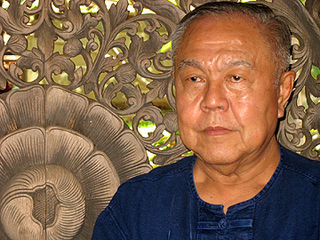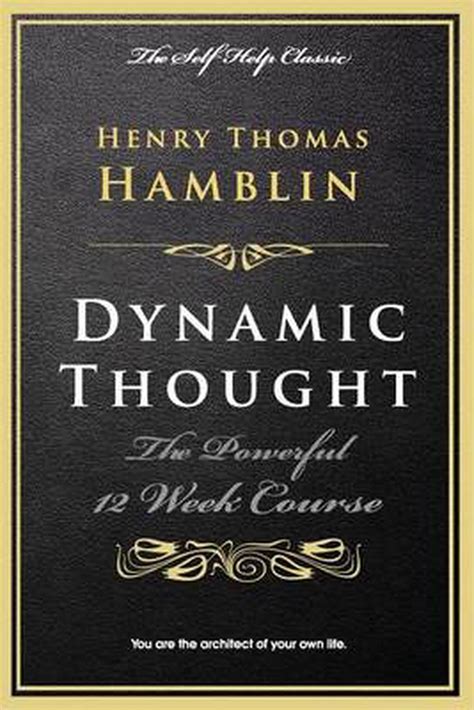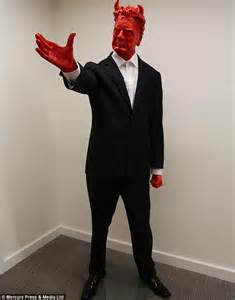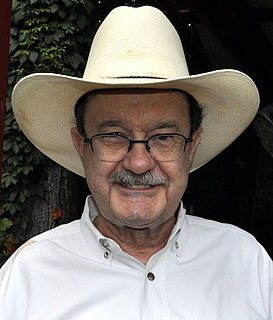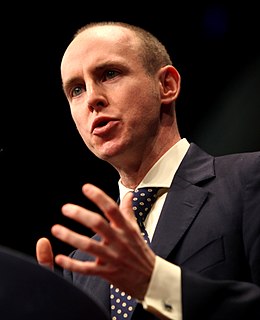A Quote by Ben Domenech
One of the frequent blind spots for economic libertarians, speaking as one who has personally dealt with this log in the eye, is a tendency to allow principles of how economies work and the beauty of trade to make us ignore perceived threats animating people who value more than just the power to buy and sell.
Related Quotes
It used to be said that war was the locomotive of history, with its power to accelerate change. The coronavirus crisis has that same power. It has already shown us who we really are, and how there is much more than unites than divides us. It has shown how governments need to work with their citizens to overcome threats or challenges.
Countries trade with each other - or to be more precise people buy and sell from each other across frontiers - because that is the way to advance their interests. We do not need to beg people to trade with us - as long as we have something that people want, of a quality they expect and at a price they are prepared to pay.
If you create networks that allow people in their own local systems to have power and agency and sovereignty in their own systems. The idea that people could just know what's happening with their data. You could work with the platform, in communication with it, more than "I'm just like experiencing as a blind person in a black box".
I realize how myself and other people have started to almost fool ourselves that it's more important to us and more real than the real world, the offline world, and we value looking at our phone and pixels on a screen more than connecting eye to eye with a human being, which is terrifying to me because we're becoming robots.
That would be nice if [people] stuck [treasury bills] all under a mattress, but they got to buy something with them. Sometimes they buy a treasury note, sometimes they set up sovereign wealth funds. They can do all kinds of things. They can buy our companies here. As long as we consume more than we produce, and we trade away little pieces of the country daily, they're going to own something. Now, they can't run from American assets. I mean every day the rest of the world is going to have about two billion more of American assets than we have, as long as they sell us these goods.
Jefferson, though the secret vote was still unknown at the time had at least a foreboding of how dangerous it might be to allow the people to share a public power without providing them at the same time with more public space than the ballot box and with more opportunity to make their voices heard in public than on election day. What he perceived to be the mortal danger to the republic was that the Constitution had given all power to the citizens, without giving them the opportunity of being citizens and of acting as citizens.
In the model that we grew up with, governments rule physical territory in which national economies function, and strong economies support hegemonic military power. In the new model, already emerging under our noses, economic decisions don't pay much attention to national sovereignty in a world where more than half of the one hundred or two hundred largest economic entities are not countries but companies.

